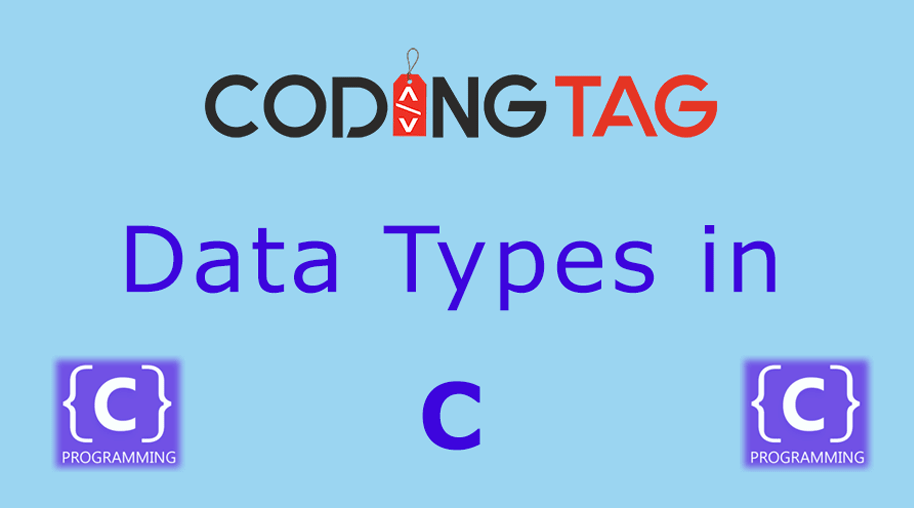#define in C
0 922
The #define directive in C is used to define macros, which can be either constants or code snippets.
Macros defined with #define are processed by the preprocessor before compilation, allowing for code simplification and readability.
syntax of #define in C
#define MACRO_NAME value #define FUNCTION_MACRO(arg) (expression)Examples: Object-like Macro - Defining a constant:
#define PI 3.14159Function-like Macro - Defining a code snippet:
#define SQUARE(x) ((x) * (x))Uses of #define in C: Constants: Simplify code by replacing magic numbers with named constants. Code Snippets: Define reusable snippets of code or computations. Example:
#include<stdio.h>Output:// Object-like Macro: defining a constant #define PI 3.14159 // Function-like Macro: defining a code snippet #define SQUARE(x) ((x) * (x)) int main() { int radius = 5; int side = 10; // Using the PI macro to calculate the circumference float circumference = 2 * PI * radius; // Using the SQUARE macro to calculate the area int area = SQUARE(side); printf("Circumference of the circle: %.2f\n", circumference); printf("Area of the square: %d\n", area); return 0; }
Circumference of the circle: 31.42 Area of the square: 100

Share:








Comments
Waiting for your comments